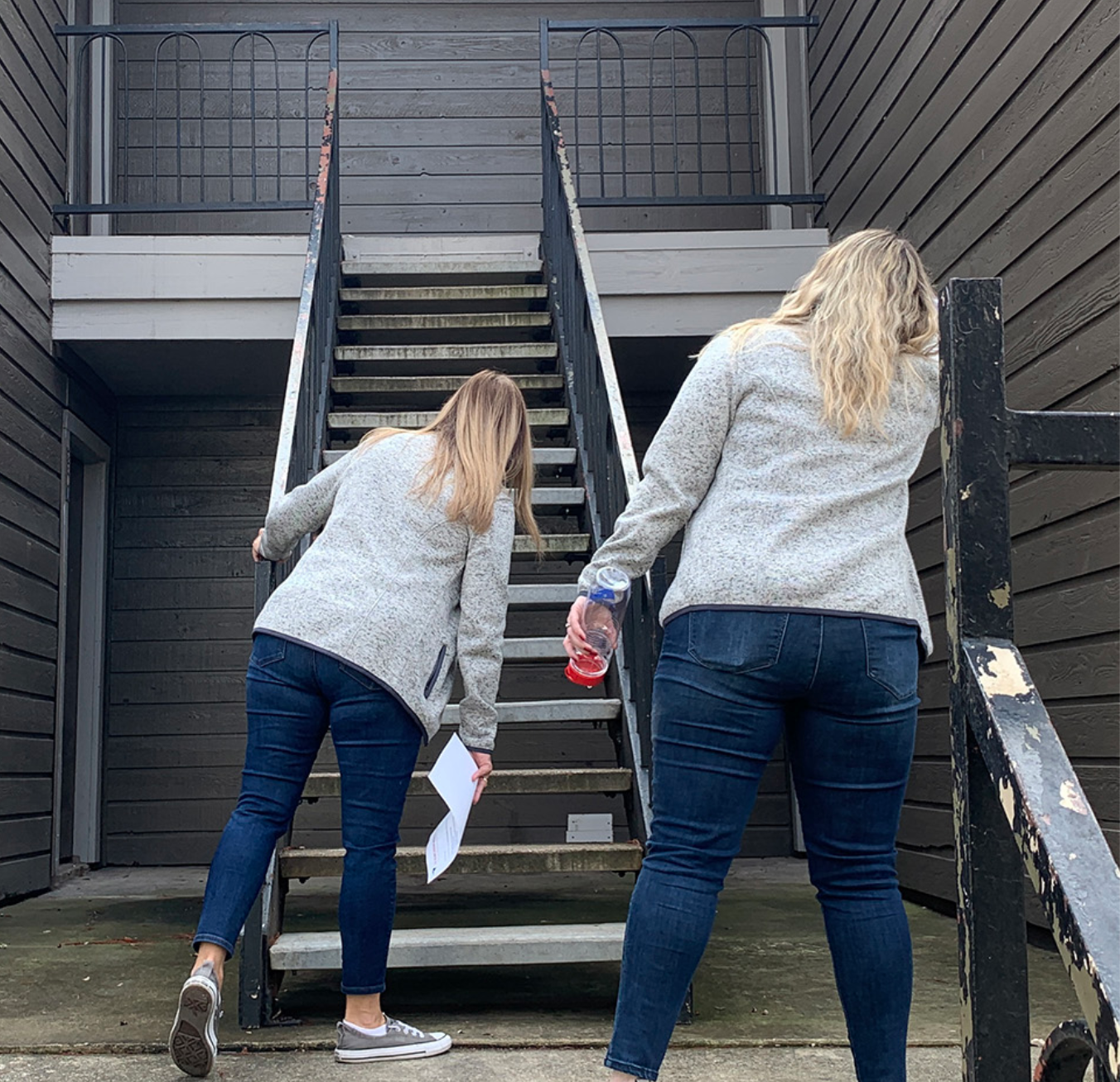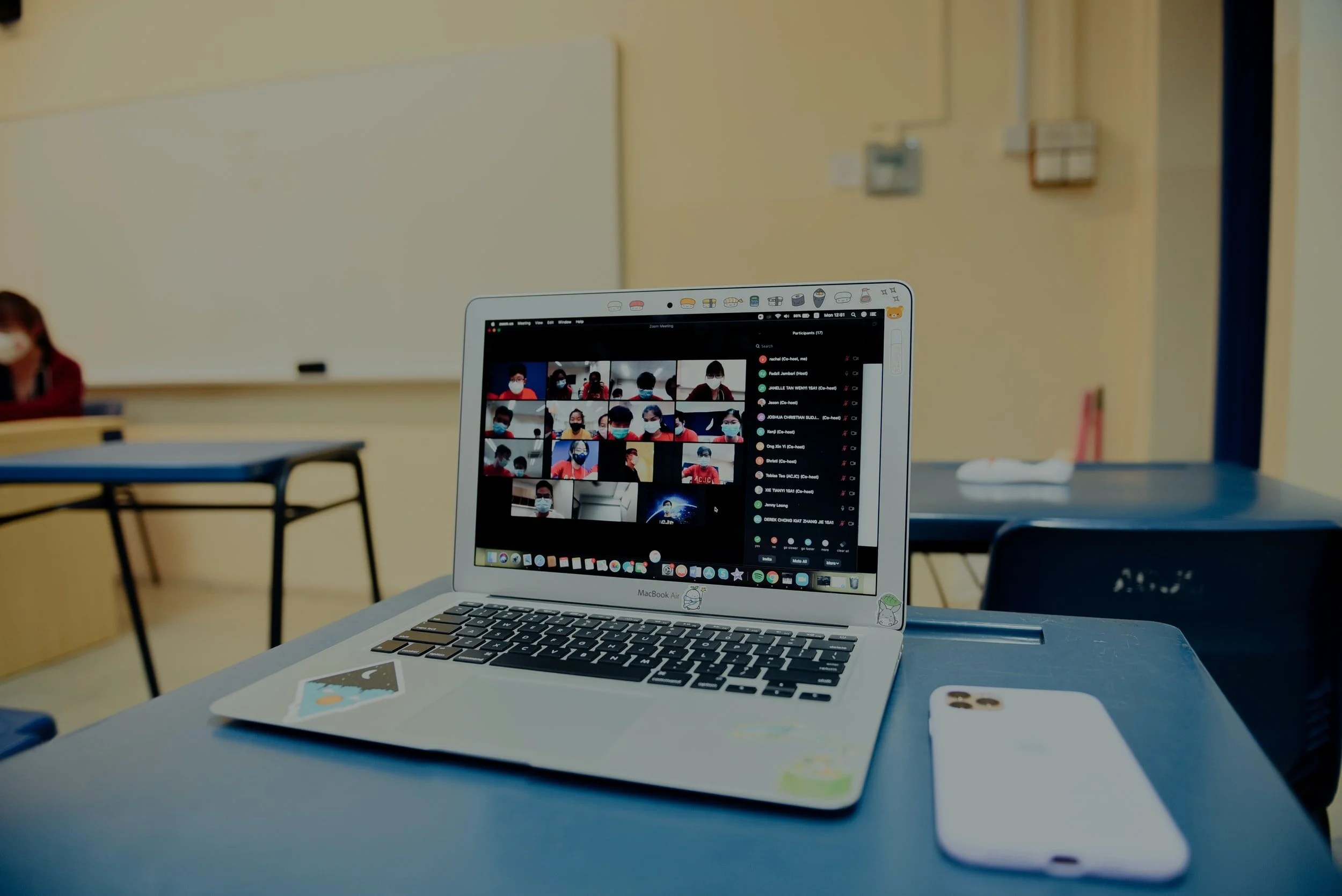Who ya gonna call? Remote learning helpline for teachers…and parents
Who ya gonna call? Remote learning helpline for teachers…and parents
By Javeria Salman, The Hechinger Report, October 7, 2020
Not long after schools closed because of the coronavirus last spring, a Rhode Island nonprofit launched a hotline for teachers who were struggling to launch new technology for remote leaning and trying to figure out how to teach with it. Within a few weeks, hundreds of teachers — and eventually parents, too — were flooding the line with calls for help.
The “dream team” of experts answering calls all had stellar credentials: They were teachers themselves, with training in how to deploy technology for learning and years of classroom experience.
This team of educators was part of the Fuse RI initiative, a fellowship program that teaches educators, administrators and local education agencies in the state how to integrate blended and personalized learning and technology practices into classrooms. The program was launched by the Highlander Institute, a nonprofit dedicated to creating “more equitable, relevant, and effective schools,” and funded by the Bill & Melinda Gates Foundation. (The Gates Foundation is one of Hechinger’s many funders.)
Five-years into the fellowship, the group’s leaders had hoped to launch a restructured model of the program that would train school leaders and teacher teams to design and implement blended and personalized learning initiatives in their in-person classrooms. They never imagined a crisis scenario in which millions of teachers would be plunged into ed tech all at once. Nevertheless, said Highlander’s chief education officer Shawn Rubin, the group “felt like there was a moment and an opportunity” to activate the 104 Fuse RI fellows spread out across the state to help make the transition to remote learning easier for other teachers.
Rubin said the resulting School Support Helpline “would allow any teacher that wasn’t getting the support they needed from their home district or school an opportunity to phone in and talk directly with a fellow who is explicitly trained to be very confident in both the technology and the pedagogy, but also very competent in coaching and supporting teachers who are brand new to this work.”
The hotline launched on March 23 in partnership with the Rhode Island Department of Education. Forty of the 104 Fuse fellows volunteered to field questions. Teachers could call the phone number or visit a website to be matched with a fellow, based on the problem and the fellow’s expertise. By April, the helpline took off.
“People who didn’t know anything about technology and had kind of avoided in their own classrooms were really seeing this as a lifeline,” said Maeve Murray, the Highlander Institute’s services manager. “Many of them were repeat users of the helpline.”
Fuse fellow Debbie Ramm, the instructional technology coordinator for Johnston Public Schools, was one of the first to begin fielding calls from teachers. Ramm, who was part of the first cohort of Fuse fellows in 2014, was already providing support sessions for teachers and administrators in her district. Up to 300 educators attended the workshops, which ran every day and sometimes on weekends. When Highlander called, Ramm signed up because she knew teachers outside of her district must be struggling, too.
“I can’t imagine not having that support system,” Ramm said. During her Fuse fellowship, she became part of a tribe of teachers, she said. “Before I met people from Highlander, I was an island, I was in a silo.”
Another Fuse fellow, Lisa Leaheey, an English teacher at North Providence High School, was part of the third cohort of the fellowship, which ran from 2016-18. Leaheey began informally offering help to teachers in her school when the pandemic hit. She also helped create a tech integration support website for the high school, providing teachers with resources on blended learning and flipped classrooms, technology integration and student support.
Since she was already fielding Zoom calls and emails from her peers, Leaheey said volunteering for the helpline was an easy transition.
“It was the same kind of thing just on a larger, more formal scale,” said Leaheey.
Sometimes a call was as simple as showing a second grade teacher how to organize her Google classroom in a way parents and students could easily navigate. At other times, Leaheey said, her role was to encourage teachers “to think about their goals for student learning, before they worried about what tech they want to use.”
In some cases, she challenged teachers to consider “if technology is even needed.”
Ramm, the other fellow, said sometimes listening to teachers was just as important, to help them understand when to slow down so they did not become overwhelmed. “I really think that is the approach that was needed during this craziness,” she said.
Ramm said her approach was to ask teachers what was already working really well in their classrooms and suggest they capitalize on that, first. Technology is not always the “top answer,” she said.
Initially, the helpline was directed at teachers. But Rubin began hearing from parent groups, such as Rhode Island’s Parents Leading for Educational Equity, about the frustrations and challenges families were having on the other side of the screen. “We knew we wanted to also make this available for families … knowing that they were [the] first line of teaching for their own children,” Rubin said.
In mid-April, Highlander partnered with the Rhode Island Office of Innovation, the Rhode Island Parent Information Network, the RightClick, a technical and computer support company, and public libraries to expand the helpline to parents as well. On April 23, Rhode Island’s governor, Gina Raimondo, announced the helpline “open for business for all families” during an official press briefing. Thirty parent requests came in the first day. By the end of the first week, 200 parents had called.
Ramm said parents were “overwhelmed by the amount of work and/or the lack of communication from teachers, or the fact that they had multiple children in a school system that were receiving things in a very different way.”
The families struggling the most were parents who didn’t speak English and parents of children with disabilities, Rubin said. Highlander connected with the Dorcas International Institute of Rhode Island, which was able to provide translation services in 200 languages. The Rhode Island Parent Information Network helped with requests about special education.
Murray and Rubin said the helpline has been successful for two reasons. By simply existing, it gives teachers and parents an outlet where they can vent their frustrations. The fact that Fuse fellows respond with an open mind and without judgement is also key. When schools first switched to on-line learning, it meant a lot to frustrated parents to just have “a fellow or someone from a partner organization to talk to them as a human and affirm that it wasn’t anything the parent was doing wrong,” Murray said. “It was just that this was a really hard and there was no good answer yet.”
The need hasn’t gone away this fall, as the vast majority of students across the country continue their learning remotely, including in Rhode Island. Rubin said while Highlander is still working to make sure the helpline is accessible to families that need the most help, their initial success shows the helpline can be a model school districts or states and regions could replicate.
“The amount of infrastructure it took on our part to create everything necessary to be able to run this was pretty simple,” Rubin said. All states need are educators who are “willing to rise up and do pro bono services to support [other] teachers.”
This story about remote learning help was produced by The Hechinger Report, a nonprofit, independent news organization focused on inequality and innovation in education. Sign up for Hechinger’s newsletter






